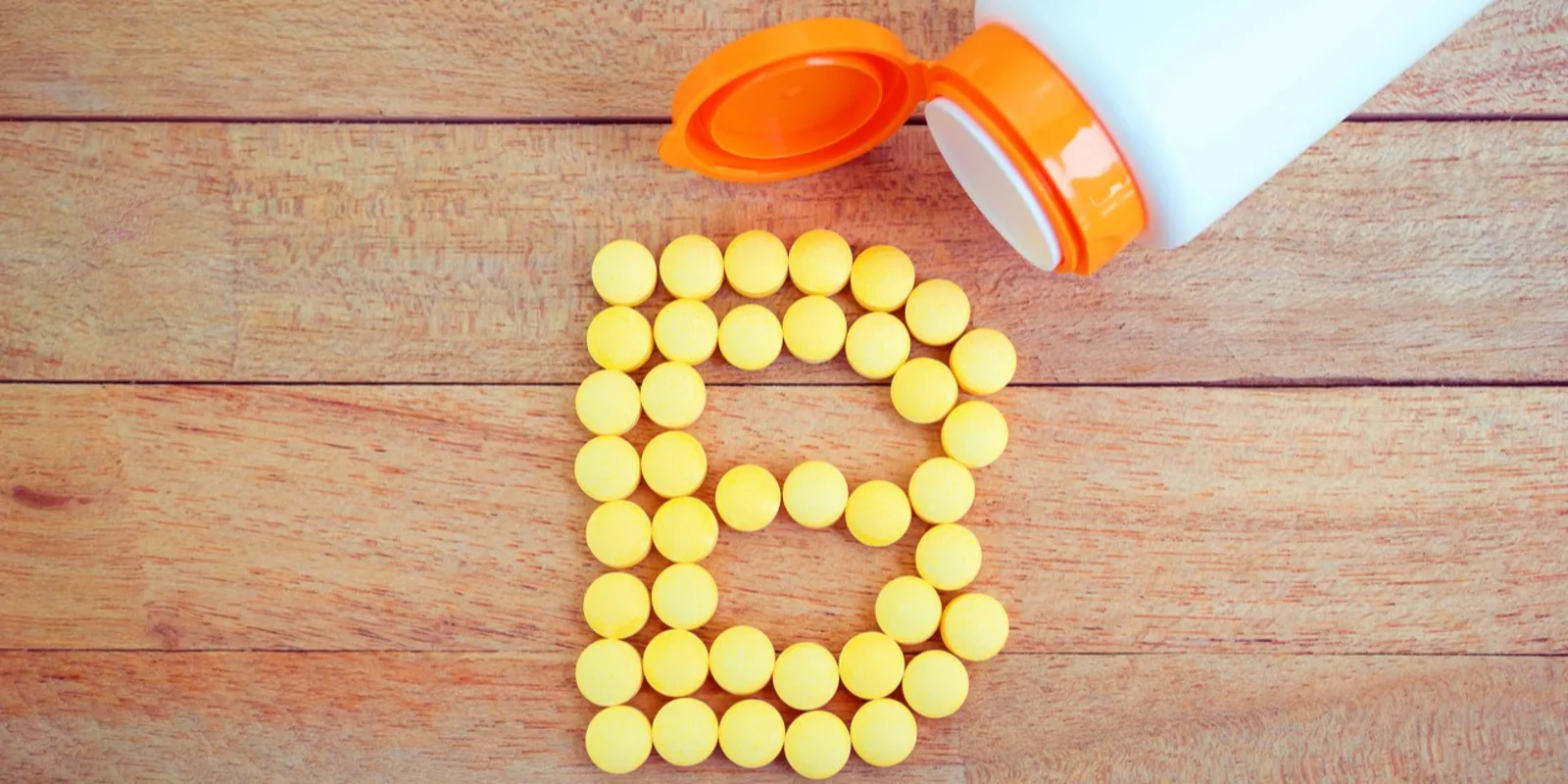
A quick Google search of “biotin” will give you a lengthy list of websites proclaiming its many benefits — in addition to an equally long list of online retailers who sell biotin. The supplement has become the poster child for non-evidence based lifestyle posts on skin, hair, and nail health. But, what exactly is biotin and why has it become so ubiquitous in the supplement world?
Biotin in a Nutshell
According to the Office of Dietary Supplements at the National Institutes of Health (NIH), biotin is a water soluble B-vitamin (vitamin B7, to be precise) that is considered an essential nutrient. With insufficient evidence to back a recommended daily allowance of biotin, the National Academies of Sciences, Engineering, and Medicine’s (NASEM) Food and Nutrition Board recommends adequate intake of biotin at 30 micrograms (mcg) daily for adult men and women. These recommendations note that what we know about biotin stems from what we know about people who have had severe biotin deficiencies for long periods of time. For instance, those dependent on intravenous parenteral nutrition (TPN) prior to the addition of biotin to TPN would often suffer from dry skin and hair loss. But, this degree of biotin deficiency has never been seen in healthy individuals who eat a mostly balanced diet.
Food sources have significant variability in their biotin content, with beef liver (30 mcg per 3 ounce serving) and whole eggs (10 mcg per egg) containing the most and fruits containing the least biotin. As for the supplements, the lowest amount in most of the biotin-only supplements available on the market is 1,000 mcg daily, a more than 3,000% increase from what our bodies actually need. And “extra strength” biotin supplements on the market can contain as much as 10,000 mcg daily. Taking more than 300 times the recommended dose of anything without a clear medical indication should raise major red flags. For otherwise healthy individuals, biotin supplements are superfluous at best and harmful at worst thanks to the Food and Drug Administration’s (FDA) recent warning about biotin’s interference with lab tests.
Biotin versus the Thyroid
The earliest concerns about biotin’s potential for interference with lab assays were raised in the mid 1990s in a case report for the Annals of Clinical Biochemistry. The report describes the case of a newborn child who received 1000 mcg of biotin immediately after birth as part of a vitamin cocktail to prevent organic acidosis. The baby’s thyroid function tests showed discrepancies between the cord samples and the samples done 2–3 days after birth after the biotin had been given. Specifically, the test results were skewed by the use of an assay that used biotinylated antibodies to measure thyroid stimulating hormone (TSH) and free thyroxine (free T4). When a different assay was used on the same samples, thyroid function tests were not noted to be discordant.
Studies looking into this issue have found that high doses of biotin interfere with thyroid function lab assays in such a way that total triiodothyronine (total T3) and free T4 levels appear high and TSH levels appear low — a pattern many physicians would recognize as biochemical hyperthyroidism. If physicians were to initiate treatment of hyperthyroidism on the basis of these erroneous diagnostic tests, the patients could end up suffering from the opposite issue, hypothyroidism.
Not all assays cause this issue, but clinicians need to maintain high clinical suspicion for potential lab interference in asymptomatic patients with abnormal thyroid function tests. Most sources agree that cessation of biotin for 48 to 72 hours followed by repeat thyroid function testing can bring clarity to this diagnostic conundrum.
The Bottom Line
The need for vigilance regarding biotin use extends beyond endocrinologists and the thyroid, as the FDA warning also raised concern that biotin could be interfering with other lab assays, including the commonly used troponin test. Troponin elevations are often correlated with cardiac strain and injury, and the FDA warning specifically noted a case where troponin tests came back falsely low in a patient on high doses of biotin.
This biotin drama serves as a yet another cautionary tale for all physicians that we must remain attuned to everything our patients are taking, including seemingly “harmless” over-the-counter supplements.






